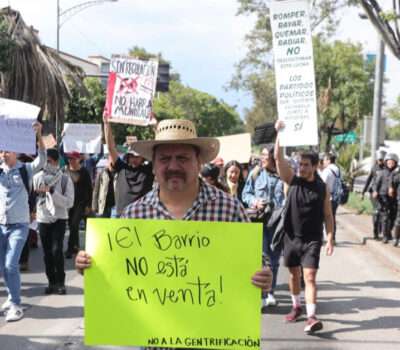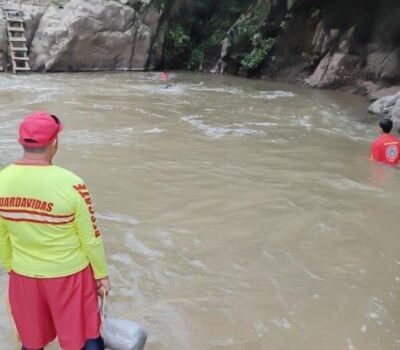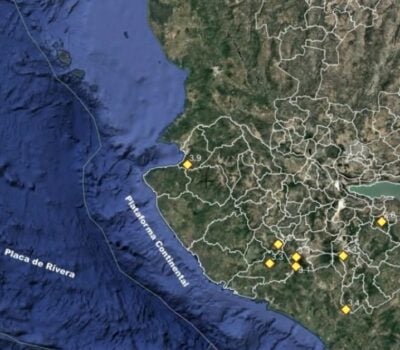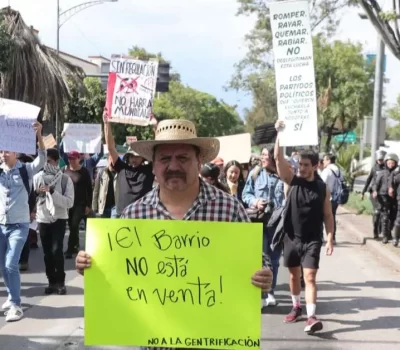Quintana Roo tourism fraud reports have fallen from 500 in 2021 to 30 so far in 2025 after launching a registry of over 2,000 certified tourism service companies.
Quintana Roo’s tourism sector has seen a sharp drop in fraud reports after launching its State Tourism Registry, Sedetur Secretary Bernardo Cueto announced this week. The registry, which now lists over two thousand certified tourism service companies, has given authorities the clarity they needed to spot and stop illicit operators.
Cueto explained that before the registry, officials had no reliable count of businesses offering tours, rentals or other visitor services. “Today we know exactly how many companies operate in the sector,” he said. “That insight lets us protect both tourists and honest local businesses.” By mapping the full range of operators, Sedetur and the State Attorney General’s Office have worked together to crack down on unlicensed providers.
The joint effort has targeted both in-person and digital fraud schemes. According to Cueto, authorities have coordinated investigations, shared intelligence, and launched public awareness campaigns warning visitors about fake booking sites and unofficial street vendors. “We are generating synergies to strengthen prevention, containment and punishment of these crimes,” he told El Heraldo.
The impact has been clear in the numbers. In 2021 Sedetur logged more than 500 fraud complaints. By 2024 that figure had fallen to 120, and so far in 2025 only 30 reports have reached the agency. Cueto attributed the decline to faster detection of shady operators, timely consumer alerts and stricter legal action against offenders.
Tourism industry stakeholders welcomed the registry. Local tour operators say it levels the playing field by making it harder for fly-by-night companies to undercut licensed providers on price and quality. Hotel associations praise the registry for giving their guests greater confidence when booking excursions and activities.
Sedetur plans to expand the registry’s tools with a user-friendly online portal that lets tourists verify a company’s registration before they book. The system will display each operator’s license status, safety record and customer reviews. Cueto said the portal should launch before the peak winter season, helping to draw more visitors by showcasing Quintana Roo as a safe and reliable destination.
Industry analysts note that while fraud in tourism is a global challenge, strong collaboration between government agencies and the private sector can yield quick results. “Quintana Roo’s registry is a model for other destinations facing similar issues,” said a consultant who advises national tourism boards.
For now, Sedetur’s focus remains on keeping complaints low and visitor trust high. “We take care of our tourists, our service providers and, of course, the image of our destinations,” Cueto concluded. By building transparency and accountability into its tourism market, Quintana Roo is showing how clear data and coordinated action can cut fraud and help the local economy thrive.












